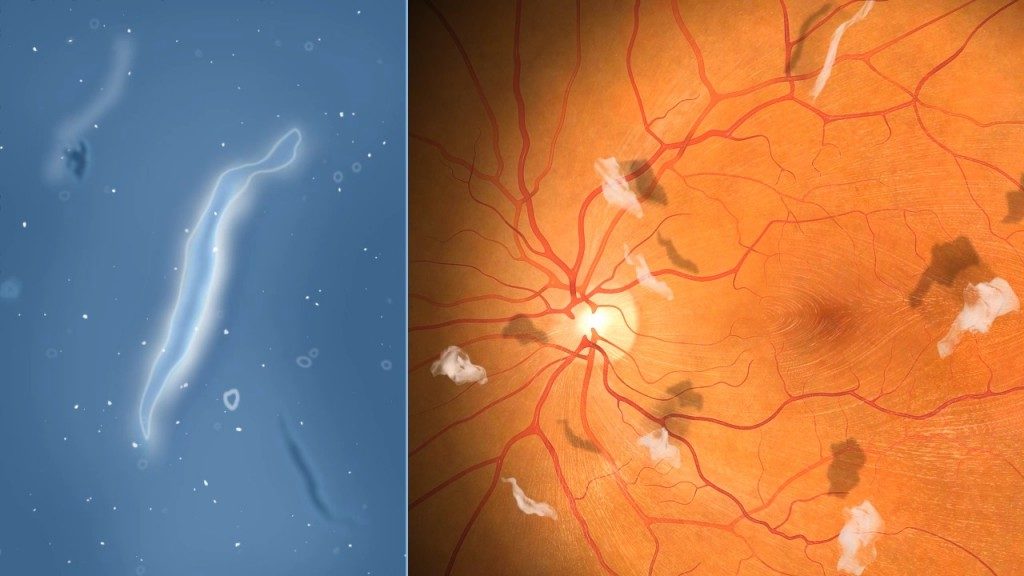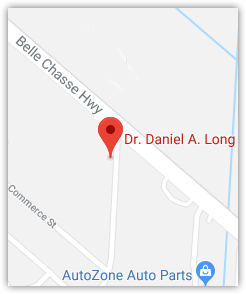
© www.retinadoctor.com.au/
Tear fluids are very important to eye health. They distribute three natural lubricants that protect eye tissue. An individual continually experiencing irritated eyes may be suffering from dry eyes. Over thirty million Americans suffer from this condition.
Ironically, dry eyes often results in excessive watering of the affected eye. The excess watering is a reaction to irritation. While the eyes may be wet, the fluid lacks one or more of the necessary natural lubricants. If left untreated, serious damage to the eye tissues may result causing a loss of vision.
Dry eyes may be caused by: a disruption in the normal blinking reflex; medications like antihistamines; environmental factors such as low humidity and wind; chemical or thermal burns; and some health problems such as arthritis. Treatments vary according to the cause. Common treatments include the use of eye drops and ointments especially formulated to simulate the eye’s naturally occurring lubricants. Individuals living in climates with low humidity may benefit from an indoor humidifier.
At times, some people may see specks or threadlike strands drifting across their vision. When they try to look at them, these objects seem to speed away. These are called spots and floaters by ophthalmologists and are commonly experienced by older individuals. Although, anyone can experience them on occasion.
The inner part of the eye is composed of a gelatin-like fluid called vitreous. Occasionally, small flecks of protein and other matter are trapped in this fluid when the eye is formed before birth. It will remain in the eye resulting in periodic spots, or flashes of light that become visible when they drift into the line of sight.
Most spots and floaters are normal and rarely cause blindness, but spots can be an indicator of serious problems. If you notice an increase in the number of spots you occasionally see or if you begin noticing them on a regular basis, you should immediately consult with an eye-care professional. He or she will help determine if it is “normal” or the result of a more serious condition.

















